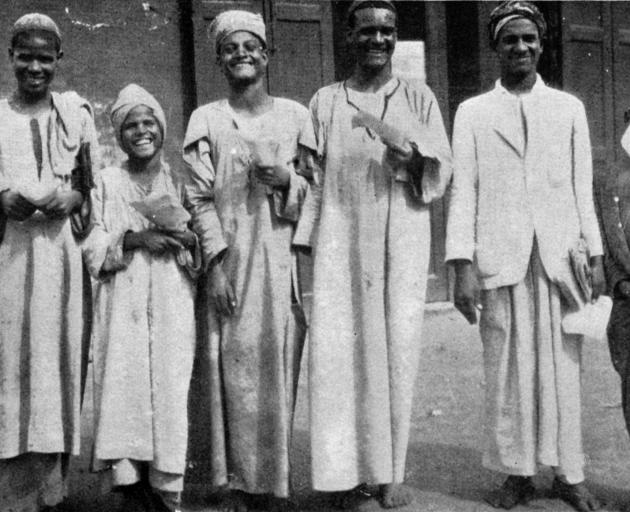
There are some people who affect to believe that the newspaper is one of those things which they can afford to do without in a time of national stress. A remark that was dropped by Sir James Allen last week, in the course of his reply to the deputation on the subject of the early closing of hotels, to the effect that printing paper was one of the imports that would have to be curtailed, suggests that the Government itself entertains the impression that newspapers are a luxury with which the public might conveniently dispense in existing circumstances. We venture, however, to think with the Press that if, through the stoppage of imports of printing paper, the publication of the newspapers had to be suspended - a contingency which is not wholly remote, if the war lasts much longer - the opinions of these people as to whether newspapers are essential or not would be found to have undergone a change. It may indeed be said, without boasting, that the value of the newspaper has never been more fully demonstrated than it has been during the course of the war. Our contemporary asks pertinently how the British public could have been educated as to the causes of the war, how the voluntary armies could have been secured, how the war loans could have been raised, and how the patriotic funds could have been obtained if it had not been for the services performed by the press. What may be said of the service rendered by the great newspapers at Home may be said not less truly of the service, on a humbler scale, rendered by the newspapers in the dominion - with this difference, that the newspapers in the dominion have provided lavishly, without charge, space for the publication of subscription lists and of acknowledgments by patriotic organisations such as are inserted as commercial matter in the Home papers. For the ``non-essential'' press of the dominion it may be claimed that it has been, throughout the war, an effective branch of every organisation, whether State or local, that has existed for furthering the national interest.
Shearer shortage
Present indications point to a serious shortage of shearers next season. Up to date, some hundreds have enlisted, and according to Mr C. Grayndler, general secretary of the A.P.U., between 500 and 600 men have been picked up in the different ballots. Many of these are men who are termed farm labourers in the Gazette, by reason of the fact that they were engaged as pastoral workers when the National Register was compiled.
Comparatively few have applied for exemption, and the problem of the shortage of shearers is likely to be much more acute that it was last season. In Australia the same trouble is being experienced owing to enlistments and the increase in the flocks. The question of the supply of Australian shearers will depend to a large extent on the decisions arrived at by the New Zealand conference, between the sheepowners and shearers' representatives, which takes place on May 30. - ODT 9.5.1917












